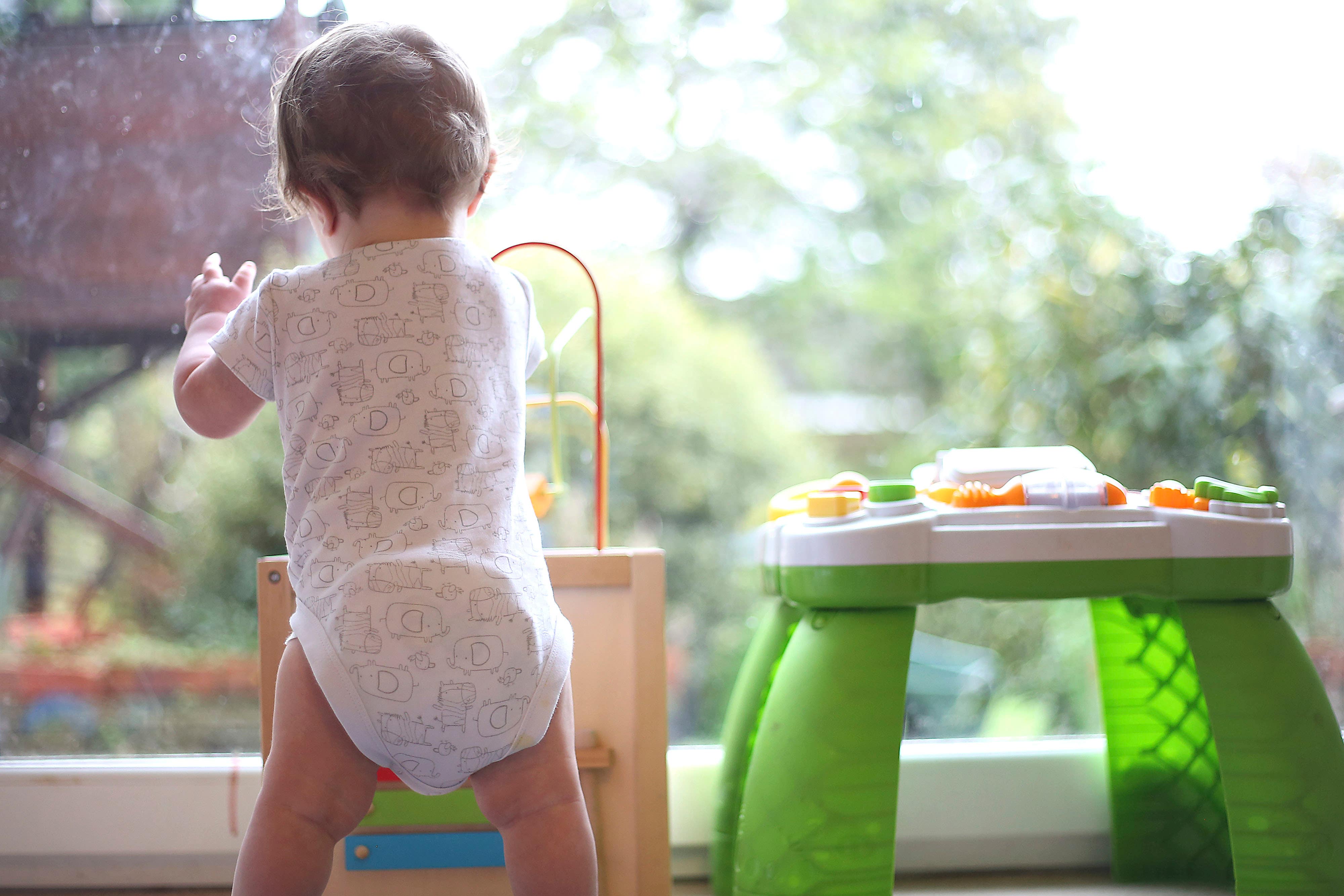Study uncovers what nap times reveal about young children’s brain development
Research suggests some children are better at consolidating information during sleep, so they nap less frequently.

Babies and toddlers who nap a lot may have smaller vocabularies and poorer memory and thinking skills, research suggests.
Parents and guardians all over the world worry about their children getting either too little or too much sleep.
But a new study reveals that some children are better at consolidating information during sleep, so they nap less frequently.
Those with fewer words and poorer cognitive skills need to nap more frequently, the researchers found.
Young children will naturally nap for as long as they need and they should be allowed to do just that
However, the findings suggest that reducing naps for these children will not improve brain development, and that they should be allowed to nap as frequently and for as long as they need.
Lead researcher Dr Teodora Gliga, from the University of East Anglia (UEA), said: “There is a lot of parental anxiety around sleep.
“Parents worry that their kids don’t nap as much as expected for their age – or nap too frequently and for too long.
“But our research shows that how frequently a child naps reflects their individual cognitive need.
“Some are more efficient at consolidating information during sleep, so they nap less frequently.
“Children with smaller vocabularies or a lower score in a measure of executive function nap more frequently.”
She added: “Young children will naturally nap for as long as they need and they should be allowed to do just that.”
The research team studied 463 infants aged between eight months and three years during lockdown in 2020.
What we found is that the structure of daytime sleep is an indicator of cognitive development
Parents were asked about their children’s sleep patterns, their ability to focus on a task, keep information in their memory, and the number of words that they understood and could say.
They also asked parents about their socioeconomic status – including their postcode, income, and education – and about the amount of screen time and outdoor activities their child engaged in.
Dr Gliga said: “Lockdown gave us an opportunity to study children’s intrinsic sleep needs because when children are in childcare, they rarely nap as much as they need to.
“What we found is that the structure of daytime sleep is an indicator of cognitive development.
“Infants with more frequent but shorter naps than expected for their age had smaller vocabularies, and worse cognitive function.
“We also found that this negative association between vocabulary and frequency of naps was stronger in older children.”
She added that although the majority of parents reported that lockdown did not impact their children’s sleep, parents from lower socioeconomic backgrounds were more likely to report a worsening in sleep.
Caregivers should use a child’s mental age and not chronological age to ascertain a child’s sleep needs
“Screen time increased during lockdown and outdoor activities decreased but these did not explain differences in children’s sleep,” Dr Gliga said.
She continued: “Our findings suggest that children have different sleep needs – some children may drop naps earlier because they don’t need them anymore.
“Others may still need to nap past three years of age.
“In the UK, preschools enrolling three to five-year-olds have no provisions for napping.
“Caregivers should use a child’s mental age and not chronological age to ascertain a child’s sleep needs.”
The study, published in the JCPP Advances journal, was led by UEA in collaboration with researchers at the University of Oxford, Oxford Brookes University, the University of Leeds and the University of Warwick.
It was funded by the Economic and Social Research Council (ESRC).
Bookmark popover
Removed from bookmarks